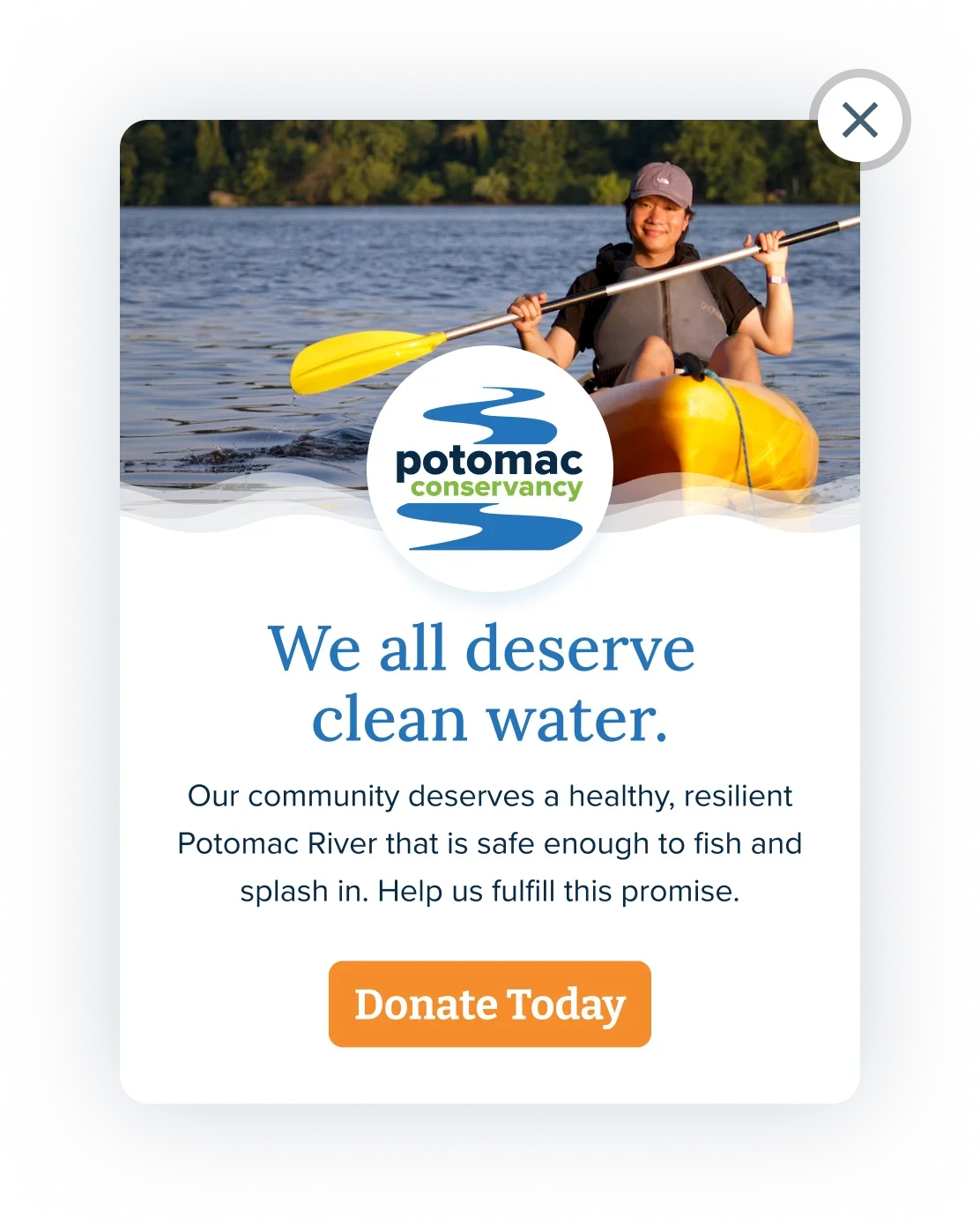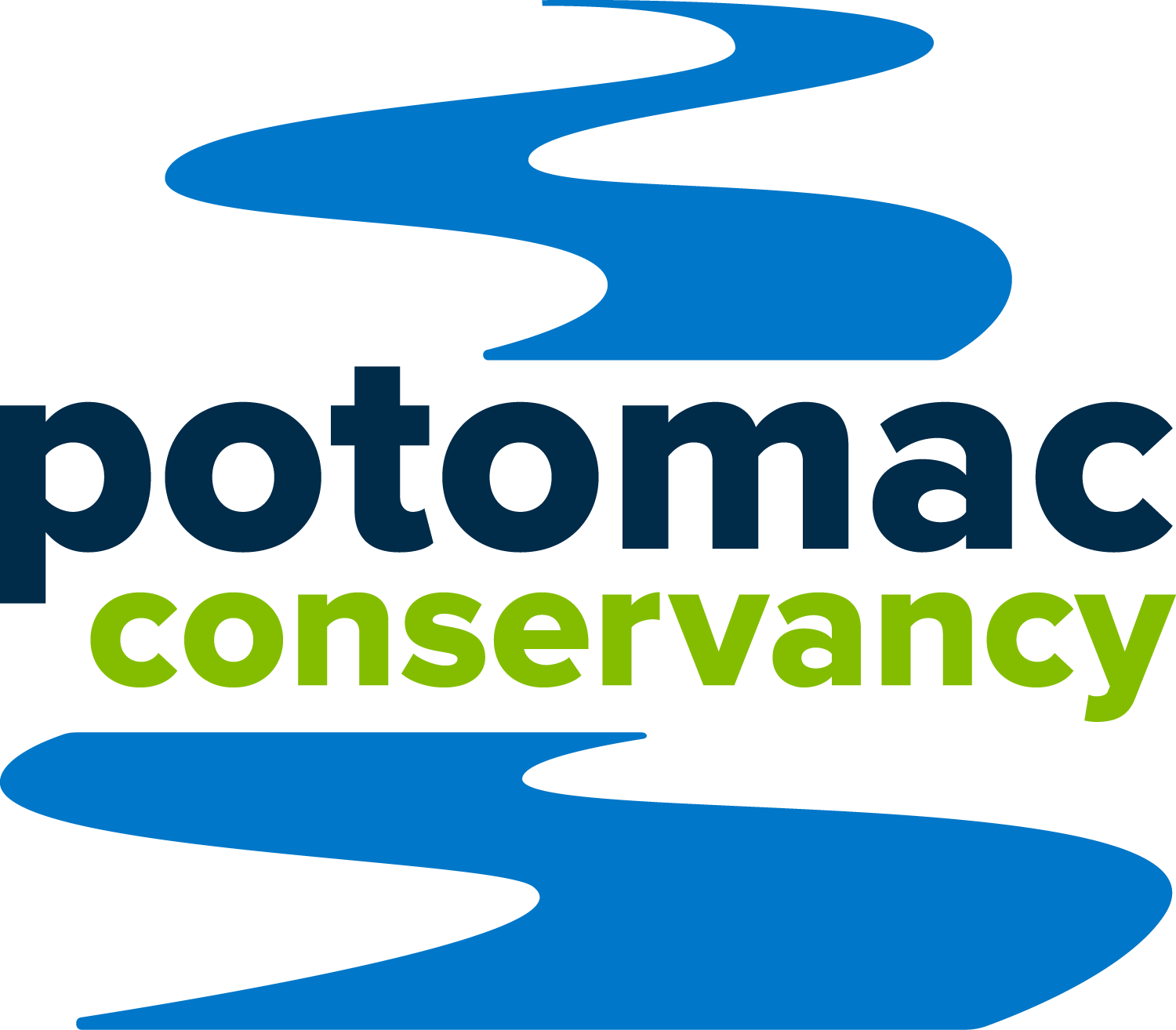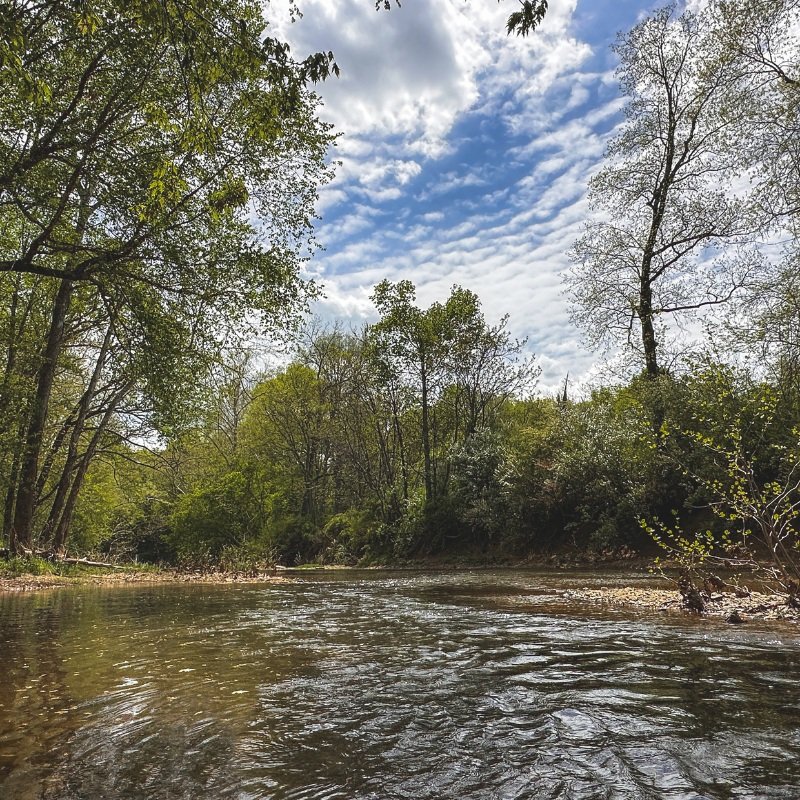Land Protection Video Series Debuts in Winchester
/Landowners Enjoy Local Cider and Learn about Preserving the Shenandoah Valley
Did you know private landowners can play a huge role in land preservation?
That’s due in large part to the conservation easement, the only tool in private land preservation that protects land permanently.
Which is why we partnered with the Frederick County Conservation Easement Authority in Virginia to showcase success stories of local landowners and dispel some of the myths and misconceptions about conservation easements!
Our video series debuted this month at two screening events held at Winchester Ciderworks in Winchester, Virginia. Each short episode in the series focuses on a different topic related to conservation easements.
During the event, landowners who had already protected their properties with conservation easements were available to talk about their experiences during and after the easement process.
One landowner said he would “not turn back” from protecting his property. Income from the Virginia Preservation Tax Credit Program helped his family pay their mortgage, assisted with college tuition, and even helped pay for a vacation. An added bonus to leaving a lasting legacy for generations to come.
An accountant who attended mentioned the current demand for tax credits is so high there is practically a waiting list of buyers. Not only may they sell for increased values, but they may sell quickly.
Potomac Conservancy’s Land Protection Director Tracy Lind highlighted what makes Frederick County, Virginia, special:
- About 90 percent of the county is rural. Urban areas are centered near major highways like I-81.
- The county boasts important agricultural soils. As of 2012, there were 680 farms, covering 30 percent of the county.
- Almost 60 percent of the county is forest and woodlands, areas that provide habitat for game, migrating birds, and threatened wildlife, such as the wood turtle.
- Fertile soils, verdant forests, wildlife habitat, water quality, and beautiful scenery are all in jeopardy due to urban sprawl.
- Only 8 percent of the county’s agricultural, forested, historical, and open lands are protected from development. This includes 5,000 acres of protected land in the George Washington National Forest.
Luckily for area landowners, there are some great resources out there, and representatives were on hand to talk about their work:
- The Virginia Division of Forestry helps protect private lands that are at least 75 percent forested.
- The Virginia Outdoors Foundation has helped protect 4,900 acres of farms, forests, and open spaces in Frederick County.
- The Shenandoah Valley Battlefields Foundation conserves land through directly purchasing it or by holding conservation easements of properties within the battlefields area.
- All Potomac Conservancy easements help enhance and protect wildlife habitat and water quality by having riparian buffers.
It’s always wonderful hearing stories about people’s connection with the land and exchanging thoughts about conservation. This is what Frederick County is all about, and it’s wonderful to see and speak with the community about what we can do to protect it!
Thank you to everyone that came out to enjoy a beautiful fall evening and learn about conservation with us.
Many thanks too to Diane and Steve, of Winchester Ciderworks, for having us at their hard cider mill and for taking part in the events, to Kneil from Knoms for serving the cider and for supplying us with locally made hummus, and J&W Farm for the delicious locally made apple cider mustard & dipping sauce.
More Information
Interested in conserving your land?
Would you or someone you know like to leave a legacy by protecting the natural resources, beautiful scenery, and unique characteristics of his or her land with a conservation easement? Maybe you don’t have land but would like to learn how to support private land conservation?
Contact Tracy in our Winchester, Virginia, office at 540-667-3606 or lind@potomac.org with questions.
About Winchester Ciderworks
Diane is a fifth generation orchardist whose family made the Shenandoah Valley of Virginia their home just after the Civil War. She returned to the family farm, Fruit Hill Orchard, in 1983 to be close to the land, learn from her father, and continue her family’s tradition. Fruit Hill now grows over 1,000,000 bushels of apples each year.
Stephen moved to Winchester from the UK in 2004 and missed having good quality cider. In 2013, Winchester Ciderworks’ Malice was born and was debuted at local restaurants and festivals. And best of all, their hard cider is produced entirely from their own fruit that relies on the clean waters and healthy lands of the Shenandoah Valley!















Our community power protected this 1700-acre property a decade ago. Now our Potomac River region is healthier and more resilient because of this easement. This land is forever preserved for future generations to enjoy and recreate on.